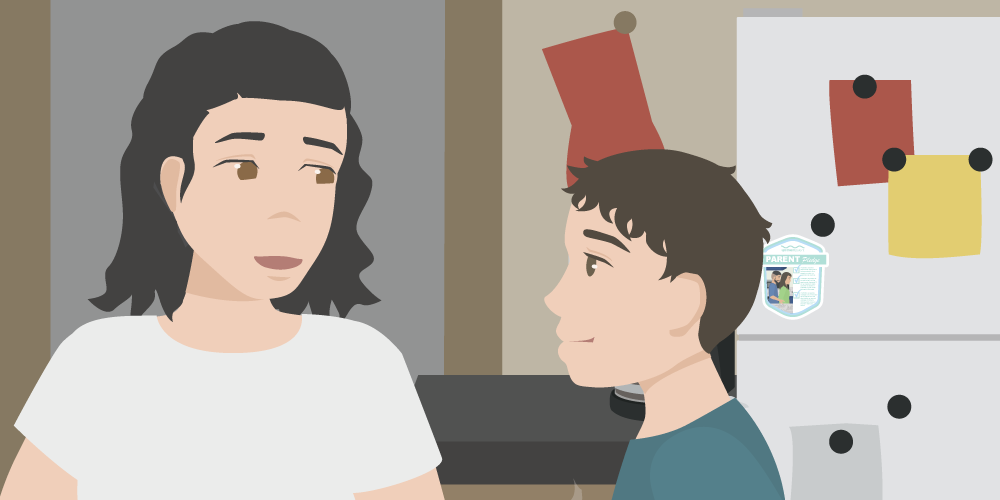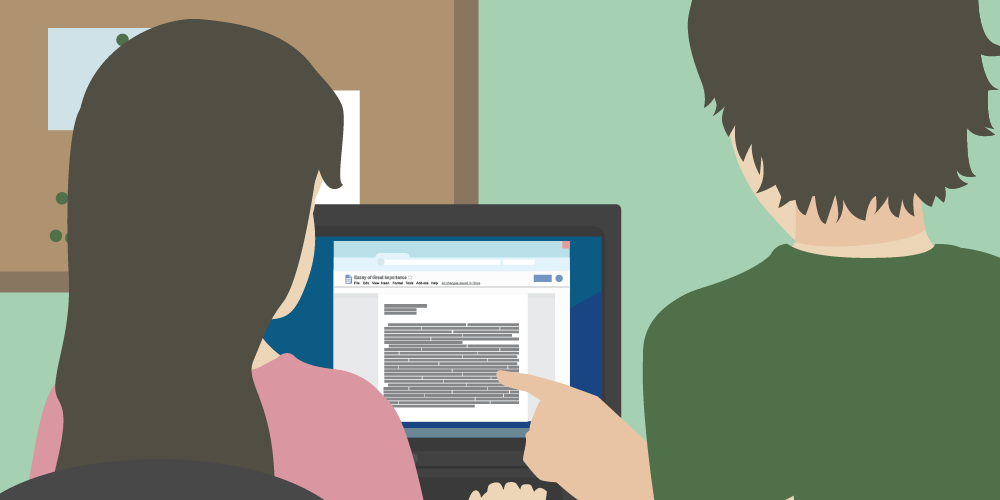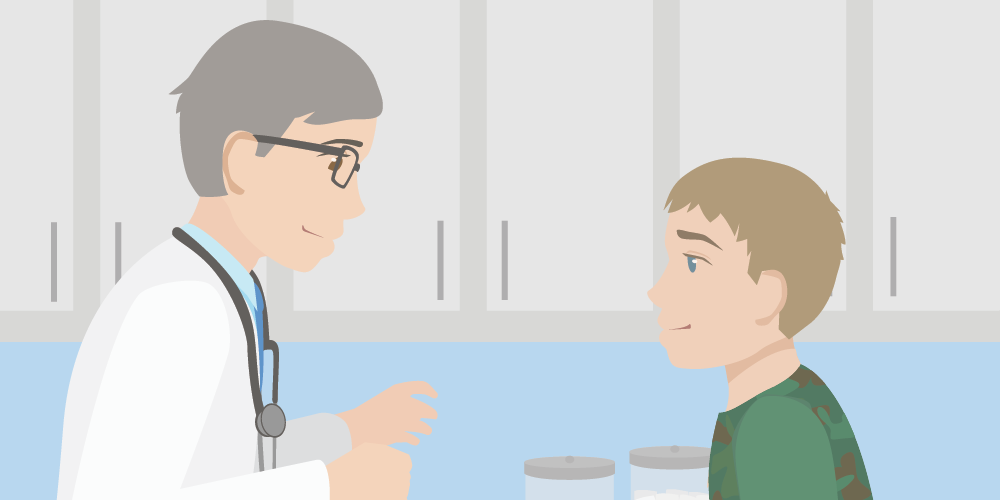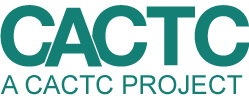Some parents are worried that having conversations about sex, birth control, or condoms means that their teen is going to think they now have permission to have sex; but research shows this is not the case. Teens who have frequent discussions with their parents about sex are more likely to wait to have sex, use condoms when they do have sex, and take steps to avoid unintended pregnancy.
According to the 2020 Youth Survey of over 1,800 Cortland County 7th-12th graders, 32% of Cortland County teens report they need more information on sexual health.
It’s never too early to educate your teen when it comes to birth control, condoms, STD prevention, and pregnancy and even better to make sure preventative measures are in place and that your teen feels prepared before they start having sex.
Tips for Initiating the Talk

- Asking your teen what they already know about sex and pregnancy prevention can help guide the conversation and allow you to listen to your teen, rather than lecture.
- Being open and non-judgmental during conversations about sex and pregnancy is important so your teen will be more likely to ask questions or tell you if something is going on.
- Discussing life goals and having your teen think about ways pregnancy could intervene with their goals can help your teen make choices to delay having sex or take steps to prevent pregnancy if they are sexually active.
Teens should know that they can come to you, without getting in trouble, in order to be prepared and responsible if they feel like they are ready to have sex. Remember, these conversations are important no matter the gender of your teen.
Anyone who is sexually active should understand how to practice safe sex and understand the responsibilities that come along with it.
For more info on how to talk about sex with teens check out this article: https://www.upstreamparent.org/?p=1040
Understand Birth Control Options
The only 100% method in preventing Pregnancy and STDs is abstinence, but as we know, teens make their own decisions and it best to make sure they are equipped the tools to prevent pregnancy if they decide they are ready for sex.
By becoming familiar with the different types of contraceptives, how they work and their effectiveness, it can help you feel more comfortable when discussing the different options our youth have.
Remember, it’s okay if you don’t have all the answers, but let your teen know that you’re there to help them navigate the topic. If you do not know the answer to something, you can look it up together.

Long Acting Reversible Contraceptives
LARCs are safe and effective for most women and teens, and can be removed at any time at by a medical professional if you’re ready to get pregnant. Depending on the type, they can be effective anywhere from 3 to 10 years.
- Intrauterine Devices (IUDs): small, T-shaped devices that are inserted into your uterus to prevent pregnancy.
- Implants (Nexplanon): a thin, matchstick-sized plastic rod inserted under the skin of your upper arm.
Hormonal & Barrier Birth Control Methods:
These methods can be less effective because they rely on the teen to use regularly and correctly, and require timely pharmacy refills and pick-ups. If patients do not use these methods appropriately, it is likely to have higher rates of failure.
- The pill (taken daily): a pill that contains hormones that prevent pregnancy.
- Skin patch (replaced each week): a thin patch that looks like a square bandage that sticks to the skin and slowly releases hormones to prevent pregnancy.
- Vaginal ring (replaced each month): a flexible plastic ring that you insert into the upper vagina that releases hormones into the body.
- Injection/shot (every three months): a shot given, by a medical professional, in the upper arm or buttock that contains hormones that prevent pregnancy.
- Barrier methods (each time you have sex): these include condoms (which also offer protection against STDs), diaphragms, sponge and cervical cap.
Other Methods:
These Methods do not work as well at preventing pregnancy. They are NOT recommended as primary birth control for teens.
- Withdrawal (pull out method): a man takes his penis out of a woman’s vagina before he ejaculates.
- Fertility awareness-based methods: avoiding sex around the days you are most fertile.
- Emergency contraception (eg. Plan B Pill): a one-time pill you can take up to 5 days after unprotected sex to prevent pregnancy; it works best the sooner it is taken. This is NOT an Abortion Pill. You can find Emergency Contraception at any local pharmacy.
For more information about options, you can visit https://www.plannedparenthood.org/learn/birth-control
Seek Expert Advice and Know About Local Resources

It is important to ensure preventative measures are in place before your teen starts having sex. Learn about options together by scheduling an appointment with their doctor. A pediatrician can be a great place to start talking about what birth control options would be a good fit.
You can also help your teen access free condoms at organizations like The Cortland County Health Department or Cortland Prevention Resources.
It’s important to remember that your teen is going to make their own decisions; by not having these conversations, you are leaving them to figure things out on their own, from their peers, or the internet. So even if you don’t believe your teen is ready to have sex, it’s still important to talk about it!



